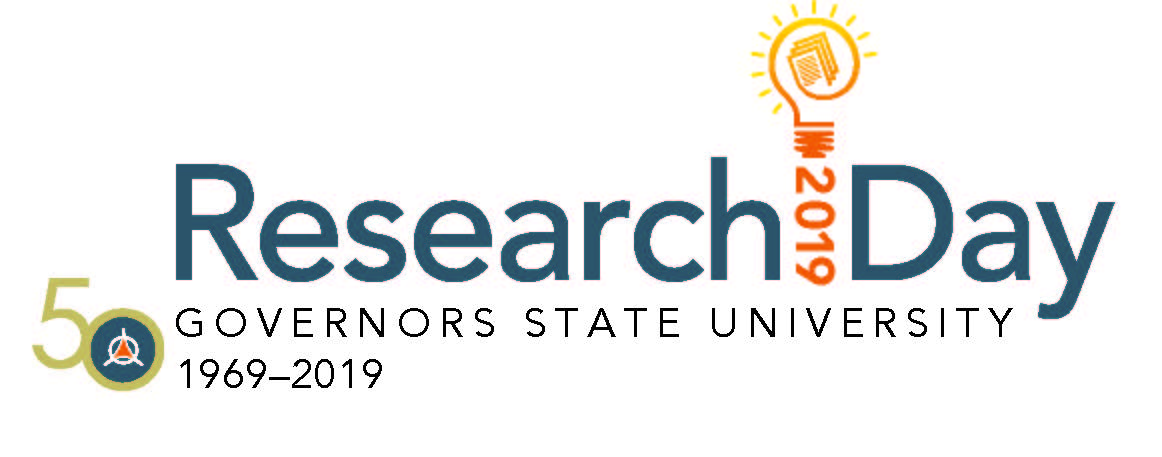
Impact of the GUIDE Project on Faculty Scholarship at GSU
Type of Presentation
Poster Session
Start Date
4-12-2019 12:30 PM
End Date
4-12-2019 1:30 PM
Abstract
A high priority for addressing cancer health disparities is to increase the representativeness of the research workforce. A large number of potential investigators from groups underrepresented in cancer research are employed in minority-serving institutions that are teaching-intensive. A high teaching intensity with a comparatively low level of campus-wide research activity can make scholarly productivity challenging. In the GSU-UICC Disparities Education Cancer Research Training and Education Project (The GUIDE Project) our aim was to develop a cohort of early stage cancer health disparities researchers by putting in place supportive practices that were highly sustainable and cost-effective. In this poster, we examine the impact of planned mentoring and faculty development activities on faculty perceptions of productivity, overall scholarly productivity, and proportion of cancer /health disparities related work products over the four-year period of the grant. The experiences of these 7 researchers from underrepresented groups can inform best practices in training researchers at teaching-intensive institutions.
Identify Grant
This project is funded by Grant #P20CA202907 from the National Cancer Institute
Impact of the GUIDE Project on Faculty Scholarship at GSU
A high priority for addressing cancer health disparities is to increase the representativeness of the research workforce. A large number of potential investigators from groups underrepresented in cancer research are employed in minority-serving institutions that are teaching-intensive. A high teaching intensity with a comparatively low level of campus-wide research activity can make scholarly productivity challenging. In the GSU-UICC Disparities Education Cancer Research Training and Education Project (The GUIDE Project) our aim was to develop a cohort of early stage cancer health disparities researchers by putting in place supportive practices that were highly sustainable and cost-effective. In this poster, we examine the impact of planned mentoring and faculty development activities on faculty perceptions of productivity, overall scholarly productivity, and proportion of cancer /health disparities related work products over the four-year period of the grant. The experiences of these 7 researchers from underrepresented groups can inform best practices in training researchers at teaching-intensive institutions.
